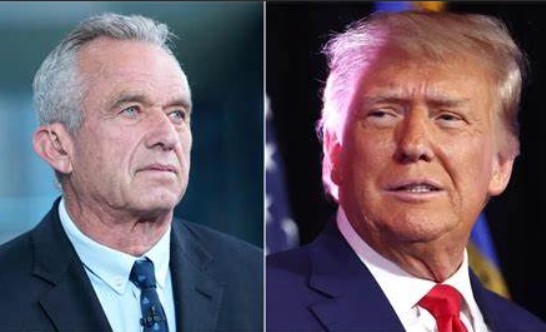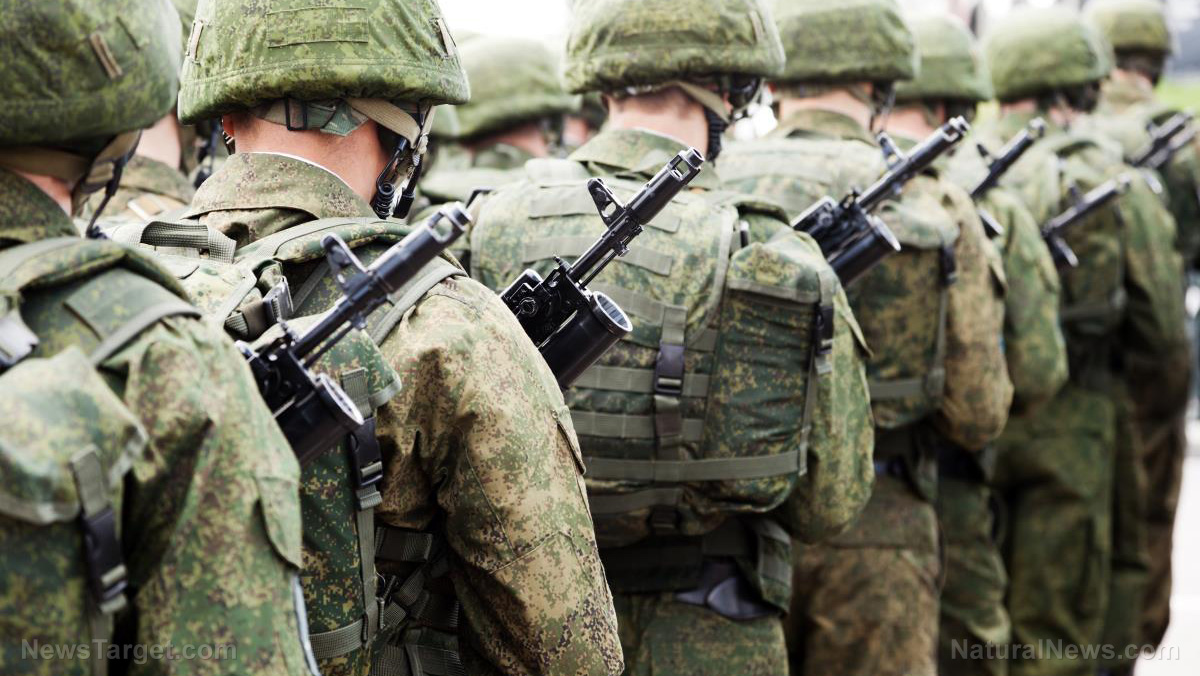
- Ukrainian President Volodymyr Zelensky signaled a potential reduction in the conscription age to bolster the military, contingent on receiving sufficient equipment from international allies.
- Despite calls from Western allies for more aggressive mobilization, Zelensky emphasized that addressing equipment shortages is crucial before expanding the draft pool.
- The U.S. and NATO allies have urged Ukraine to lower the conscription age to 18 to address manpower shortages, but Kyiv has resisted due to concerns over inadequate supplies and economic impacts.
- Ukraine's efforts to mobilize have been hindered by draft evasion, desertions and the strain on its younger population, with the average age of a soldier now at 43.
- Ukraine continues to rely on international support for equipment and supplies, despite complaints about the pace and quantity of military aid received.
Ukrainian President Volodymyr Zelensky signaled this week that Kyiv could consider lowering the conscription age to bolster its military forces, but only after receiving sufficient equipment from international allies.
The announcement came during a meeting with German Defense Minister Boris Pistorius on Tuesday, Jan. 14, as Ukraine faces acute shortages of armored vehicles, artillery and other critical supplies. Zelensky's remarks highlight the delicate balance between addressing manpower needs and ensuring troops are adequately equipped, even as Western allies push for more aggressive mobilization efforts.
The ongoing conflict with Russia, now in its third year, has strained Ukraine's military resources, with over 100 brigades requiring consistent staffing and resupply. Zelensky emphasized that equipment shortages remain the top priority, stating: "When we talk about increasing the number of our troops, we must first address the issue of adequate supplies… Our partners have all these requests."
Western pressure to mobilize younger soldiers
The debate over lowering Ukraine's conscription age has intensified in recent months, with the United States and NATO allies urging Kyiv to expand its draft pool. Currently, men aged 25 to 60 are eligible for conscription, but Western officials have pushed for the age to be lowered to 18. U.S. President Joe Biden's administration has reportedly advocated for the move, arguing that it is essential to address Ukraine's manpower shortages as the war drags on. (Related: Warmonger Lindsey Graham urges Ukraine to expand its CONSCRIPTION efforts.)
Mike Waltz, national security adviser to U.S. President-elect Donald Trump, echoed these sentiments in a recent interview with ABC News.
"If Ukrainians have asked the whole world to be all in for democracy, we need them to be all in for democracy," Waltz said. "This isn't just about munitions, ammunition, or writing more checks. It's about seeing the front lines stabilize so that we can enter into some type of deal."
However, Kyiv has resisted these calls, citing concerns over equipment shortages and the economic impact of drafting younger workers. Zelensky has repeatedly stressed that Ukraine cannot compensate for the lack of weapons and training by sending younger soldiers into battle. "Please tell me, if a person is standing in front of you without a weapon, what difference does it make if that person is 20 years old or 30? There is no difference," he told reporters in Brussels in December.
Ukraine's mobilization efforts have faced significant challenges, including widespread draft evasion and desertions. Since February 2022, approximately 500,000 men have been suspected of evading conscription, despite toughened penalties and stricter enforcement measures. Additionally, nearly 96,000 criminal cases have been opened against servicemen who abandoned their positions, according to Bloomberg.
The Ukrainian government lowered the draft age from 27 to 25 in April 2024, adding 50,000 troops to its forces. While the measure bolstered numbers, it fell short of meeting the military's full requirements. The average age of a Ukrainian soldier is now 43, reflecting the strain on the country's younger population and the reluctance to send its youth to the front lines.
Former U.K. Defense Secretary Ben Wallace recently criticized Zelensky for trying to "preserve" the youth instead of adopting a full-scale "mass conscription." However, Kyiv has maintained that protecting future generations is a priority, even as it grapples with the immediate demands of the war.
The debate over the conscription age underscores the broader challenges Ukraine faces in sustaining its war effort against Russia. The conflict, which Moscow describes as a Western-led proxy war, has exacted a heavy toll on Ukraine's military and civilian population. Russian Defense Minister Andrey Belousov claimed last month that Ukraine has lost one million servicemembers to death and injury, with more than half of those losses occurring in 2024 alone.
For Ukraine, the immediate focus remains on securing adequate equipment and supplies from its international partners. Despite tens of billions of dollars in military aid from the U.S. and other allies, Kyiv has consistently complained that weapons and ammunition are arriving too slowly and in insufficient quantities. In August 2023, Ukraine's Finance Ministry even had to divert funds allocated for soldiers' salaries to purchase more weapons.
Check out UkraineWitness.com for more similar stories.
Watch the video below that talks about Zelesnky looking to recruit fresh "cannon fodder" amid losing soldiers in "cauldrons."
This video is from The Prisoner channel on Brighteon.com.
More related stories:
Sources include:
Please contact us for more information.



















